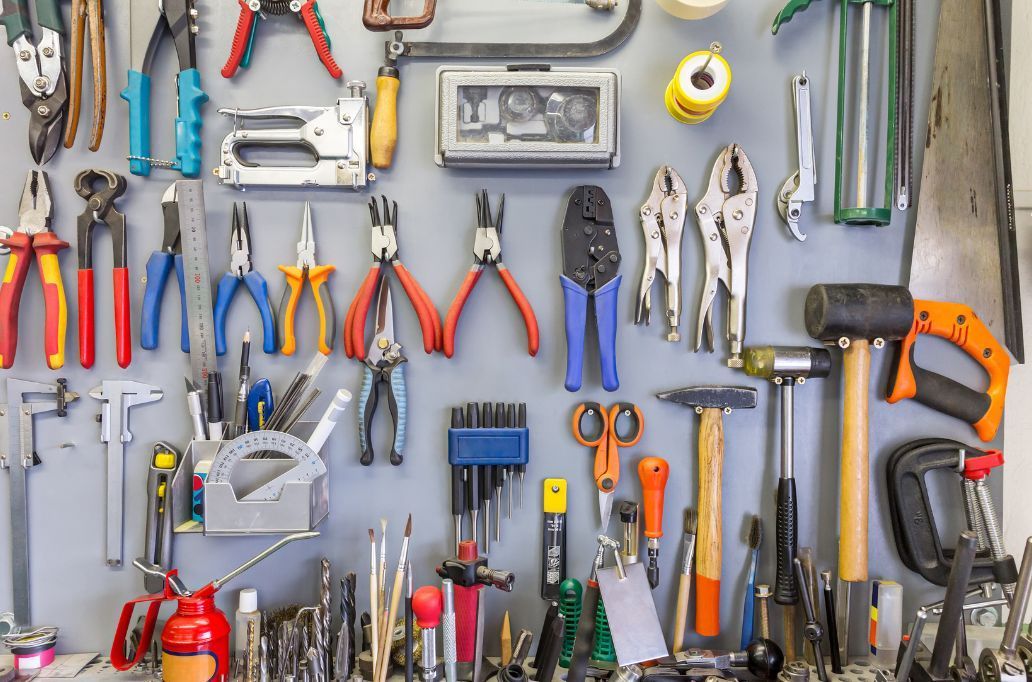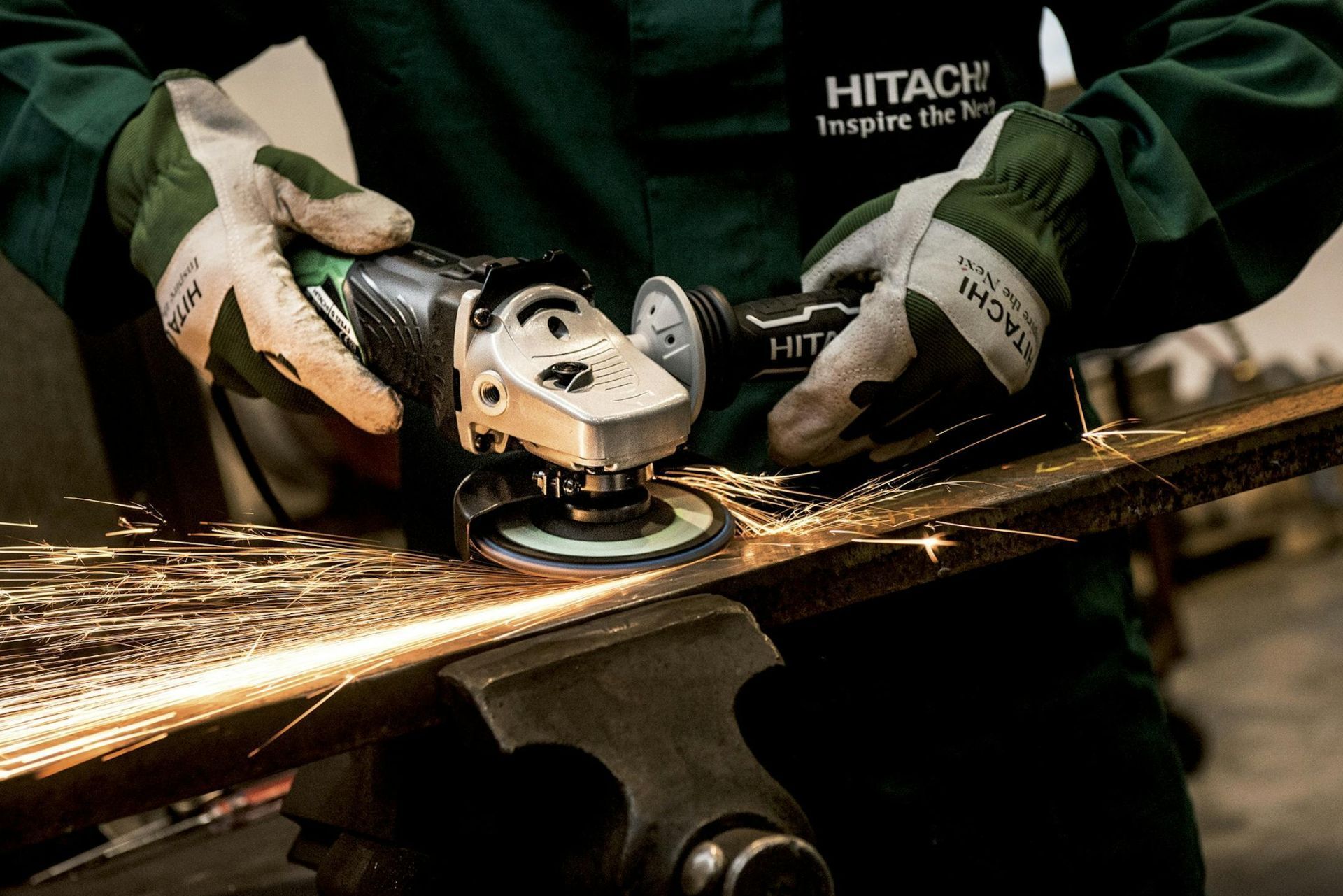
Index
As a pivotal sector in Michigan's economy, the tool and die industry faces
unique challenges that necessitate
a robust approach to business insurance. This guide will delve into the importance of insurance for tool and die companies, examining the various types of coverage available, how to select the best policies, and understanding the claims process.
Understanding the Importance of Tool & Die Business Insurance
Business insurance is not merely a financial safety net; it's a critical component of strategic planning for tool and die businesses. In an industry where precision is paramount, the risks involved can be significant, affecting not just the bottom line but also the operational integrity of the business.
Insurance provides a layer of protection that can help mitigate these risks. Whether it’s damage to expensive machinery, protection against lawsuits, or coverage for employee injuries, the right policies can help ensure that a business remains solvent in the face of unforeseen events.
The Role of Business Insurance in the Tool & Die Industry
The tool and die industry is characterized by high-value equipment and a skilled workforce. Business insurance plays a vital role in safeguarding these assets. In the event of accidents or natural disasters, having adequate coverage can prevent catastrophic losses that could otherwise jeopardize the company’s future.
Moreover, many customers and partners require proof of insurance before conducting business. This makes having the right policies not only a protective measure but also a competitive advantage in securing contracts. In a sector where trust and reliability are paramount, demonstrating financial responsibility through comprehensive insurance can enhance a company’s reputation and foster long-term relationships with clients and suppliers alike.
Key Risks Faced by Tool & Die Businesses in Michigan
Tool and die businesses face various risks, including machinery breakdowns, liability claims, and workplace injuries. Other risks include supply chain disruptions and economic fluctuations. Each of these factors can significantly impact the operation and profitability of a business.
Understanding these risks allows business owners to tailor their insurance policies effectively. This proactive approach aids in ensuring that they are prepared for whatever challenges may arise in their operations. For instance, investing in specialized coverage for equipment breakdown can be crucial, as the downtime from such incidents can lead to significant financial losses and missed deadlines. Additionally, with the rise of digital technologies and automation in manufacturing, businesses must also consider cyber liability insurance to protect against data breaches and cyberattacks that could disrupt their operations.

Types of Business Insurance for Tool & Die Companies
With the diverse range of risks in the tool and die industry, various types of business insurance are essential. These policies can be customized to suit individual business needs, providing comprehensive protection against the unique challenges faced by companies in this sector.
Property Insurance for Tool & Die Businesses
Property insurance covers physical assets, including machinery, tools, warehousing, and office spaces. This type of coverage helps protect businesses against losses due to fire, theft, vandalism, or other forms of damage.
For tool and die businesses, which often depend on highly specialized equipment, property insurance is crucial. Ensuring that this equipment is covered allows businesses to operate with peace of mind, knowing that they can recover financially from potential losses. Additionally, many tool and die companies invest heavily in precision machinery that can take years to acquire and calibrate. If such equipment is damaged or lost, the financial implications can be devastating, making property insurance not just a safety net, but a vital component of operational continuity.
Workers' Compensation Insurance
Workers' compensation insurance is a legal requirement in Michigan for businesses with employees. This insurance provides benefits to employees who suffer work-related injuries or illnesses, including medical expenses and lost wages.
In the tool and die industry, where machinery and tools can be hazardous, having workers' compensation insurance protects both employees and the business. It not only ensures that workers receive the care they need but also protects the employer from costly lawsuits. Moreover, fostering a safe work environment and having comprehensive workers' compensation coverage can enhance employee morale and retention. When workers feel secure in their jobs and know that their health is prioritized, they are more likely to be productive and committed to their roles.
Liability Insurance for Tool & Die Businesses
Liability insurance protects against claims resulting from injuries and damage to third parties. In a manufacturing setting, where interactions with clients and other businesses are common, liability insurance is essential.
This coverage can help safeguard tool and die businesses from
claims related to product defects, accidents at the workplace, or harm caused to clients or vendors. It is vital for maintaining a company’s reputation and financial health. Furthermore, as tool and die companies often collaborate with various partners and clients on intricate projects, the potential for liability claims increases. Having robust liability insurance not only mitigates financial risks but also builds trust with clients, demonstrating that the business is prepared to handle unforeseen incidents responsibly. This proactive approach can lead to stronger business relationships and potentially more contracts in the future.
How to Choose the Right Insurance Policy for Your Business
Selecting the right insurance policy is a critical task that requires thorough consideration of various factors. By carefully assessing business needs and risks, tool and die companies can make informed decisions regarding their coverage.
Evaluating Your Business Risks
The first step in choosing an insurance policy is evaluating the specific risks associated with your business operations. Consider both internal risks, like equipment malfunction and employee safety, and external risks, such as supply chain issues and contractual liabilities.
Conducting a comprehensive risk assessment can help identify which types of insurance coverage are most beneficial. Engaging with insurance professionals can provide further insights to better understand these risks. Additionally, it may be beneficial to involve key stakeholders in your organization during this assessment. Their unique perspectives can uncover potential vulnerabilities that may not be immediately apparent, ensuring a more robust evaluation of your business's risk landscape.
Understanding Policy Terms and Conditions
Understanding the terms and conditions of an insurance policy is essential before committing to any coverage. Policies can vary significantly in terms of exclusions, limits, and coverage specifics.
Read the fine print and clarify any doubts with the insurance provider. Knowing the ins and outs of a policy can prevent unpleasant surprises during claims, ensuring that businesses receive the protection they expect. It’s also wise to inquire about the claims process itself—understanding how to file a claim and what documentation is required can streamline the process when the need arises. Furthermore, consider the insurer's reputation for handling claims; a provider known for efficient claims processing can make a significant difference in times of need.
Comparing Insurance Providers and Policies
The insurance market is competitive, providing businesses with multiple options. Take the time to compare different insurance providers and their offerings. Look for reputable insurers with experience in the tool and die sector.
Gather quotes and consult with an insurance agent specializing in business insurance to gain insights into which policies best fit your operational needs. This careful comparison can result in better pricing and policy options tailored to your business. Additionally, consider the financial stability of the insurance company; a provider with a strong financial rating is more likely to fulfill claims in the future. Reading customer reviews and seeking recommendations from other businesses in your industry can also provide valuable information about the reliability and service quality of potential insurers.

The Cost of Tool & Die Business Insurance in Michigan
The cost of business insurance for tool and die companies can vary widely, influenced by several key factors. Understanding these factors can help business owners manage their insurance budgets effectively.
Factors Influencing Insurance Premiums
Several elements determine insurance premiums, including the size of the business, type of machinery used, employee count, and the company’s claims history. A tool and die business with a significant volume of work and high-value equipment may face higher premiums due to the increased risk involved.
Additionally, the location of the business can play a role. Areas prone to natural disasters may see higher insurance costs, as insurers factor in the likelihood of claims based on historical data. For instance, businesses located near the Great Lakes may need to consider the risks associated with flooding or severe winter weather, which can lead to increased premiums. Furthermore, local regulations and the overall economic environment can also impact insurance rates, as insurers adjust their pricing strategies based on regional market conditions.
Ways to Lower Your Business Insurance Costs
While business insurance is a necessary expense, there are ways to reduce costs. Implementing safety protocols and training can reduce the likelihood of claims, potentially lowering premiums over time. Regular safety audits and employee training programs not only foster a culture of safety but can also demonstrate to insurers that your business is proactive in risk management.
Moreover, bundling policies or seeking out discounts through membership organizations can also provide cost savings. Regularly reviewing and comparing your insurance options can help ensure that you’re getting the best deal while maintaining adequate coverage. Additionally, engaging with a knowledgeable insurance broker who specializes in the tool and die industry can provide insights into tailored coverage options that meet your specific needs while also identifying potential areas for cost savings. This strategic approach can help ensure that your business is not only protected but also financially efficient in its insurance expenditures.
The claims process can often be daunting, especially in the wake of an incident. Understanding how to navigate this process is paramount for tool and die businesses to ensure timely and adequate responses to claims.
When and How to File a Claim
It’s essential to know when to file a claim. Typically, claims should be filed as soon as possible after an incident occurs. Many insurance providers specify timeframes within which claims should be submitted. Delaying the filing can lead to complications, including the potential denial of the claim based on late submission.
Businesses should document all relevant information during the incident, including good photographs and witness statements. This documentation can facilitate a smoother claims process, increasing the likelihood of a favorable outcome. Additionally, keeping a detailed log of events leading up to the incident can provide context that may be beneficial during the evaluation process. This log should include dates, times, and descriptions of actions taken, which can serve as a crucial reference point for both the business and the insurance adjuster.
What to Expect During the Claims Process
Once a claim is filed, expect an adjuster from the insurance company to evaluate the situation. This process may involve inspections and discussions regarding the incident. The adjuster will assess the damages and determine the extent of coverage based on the policy terms. It’s important to remember that the adjuster’s role is to gather information and present it to the insurance company for a decision, so being open and forthcoming can foster a better working relationship.
Being prepared to cooperate and provide any additional information will help the claims process move more smoothly. Timely communication, transparency, and thorough documentation play vital roles in ensuring a successful claim resolution. Furthermore, businesses should be aware that the adjuster may request additional evidence or clarification, which could include financial records or maintenance logs. Having these documents readily available can expedite the process and demonstrate the business's diligence in maintaining operations. Understanding the timeline of the claims process, including potential delays, can also help businesses manage expectations and plan accordingly during this challenging time.
Frequently Asked Questions About Tool & Die Business Insurance
As with any industry, tool and die businesses often have various questions regarding their insurance needs and coverage. Here are some frequently asked questions to clarify common concerns.
Is Business Insurance Mandatory for Tool & Die Businesses in Michigan?
In Michigan, while business insurance is not universally mandated, certain types such as workers’ compensation insurance are legally required for employers. However, having comprehensive business insurance is strongly advisable to protect against various risks.
Many clients may also require proof of insurance, making it essential for competitiveness in the marketplace. Additionally, having robust insurance coverage can enhance your business's credibility, demonstrating to potential clients that you are serious about managing risks and protecting their interests. This can be particularly important in industries where precision and reliability are paramount, as clients often seek partners who can assure them of quality and safety.
What Does Business Insurance Typically Cover?
Business insurance can cover a range of scenarios, including property damage, employee injuries, and liability claims. Specific policies like equipment breakdown insurance or product liability insurance can provide additional coverage tailored to the unique risks faced by tool and die businesses.
Moreover, tool and die businesses often deal with expensive machinery and tools that are essential for production. Therefore, having coverage that addresses equipment theft, damage from natural disasters, or even business interruption due to unforeseen circumstances can be critical. This type of insurance not only safeguards assets but also ensures that operations can continue smoothly, minimizing downtime and financial loss.
How Often Should I Review My Business Insurance Policy?
Regularly reviewing an insurance policy is crucial to ensure that coverage meets evolving business needs. At a minimum, review your policy annually or whenever significant changes occur in your business, such as relocating, acquiring new equipment, or altering your workforce size.
Staying proactive about your insurance ensures that your tool and die business is adequately protected as it grows and changes in an ever-evolving industry. Additionally, industry trends and regulatory changes can impact insurance requirements, so it's wise to stay informed about developments that could necessitate adjustments to your coverage. Engaging with an insurance professional who specializes in the manufacturing sector can provide valuable insights and help tailor your policy to better fit the unique challenges and opportunities your business faces.

